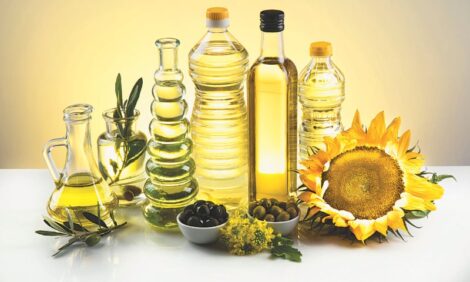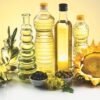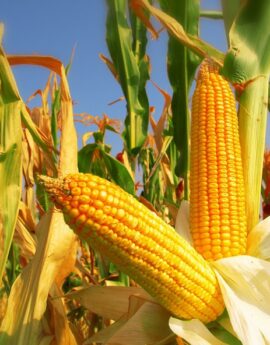Edible Oils
Canola oil
We process canola oil from a variety of rapeseed low in erucic acid, which is a monounsaturated omega-9 fatty acid. For a seed to be labeled “canola”, it must consist of less than 2% erucic acid. In food production, canola oil is mainly used as cooking oil.
Corn oil
We extract corn oil from corn germs. It is primarily used as a cooking oil because of its high smoke point of 232°C, which makes it an ideal frying agent. It is also an essential ingredient for some margarines.
Raw Coconut Oil
Crude coconut oil is ground from copra, the dried pulp of the coconut that is gently ripened. Commonly used in the food, soap and oleochemical industries, crude coconut oil can be further processed and transformed into refined, bleached and deodorized (RBD) coconut oil or hydrogenated coconut oil.
Crude Palm Seed Oil
Palm seed oil is obtained from the kernel of the palm fruit. The quality of the oil is excellent, with free fatty acids present in the crude oil generally in a proportion of less than 2%. Naturally light yellow in color, it is refined to produce a very light colored oil for edible and other purposes.
Hydrogenated Coconut Oil (HCNO)
Produced through the hydrogenation of refined, bleached and deodorized (RBD) coconut oil, HCNO is a solid white fat that becomes a clear liquid when heated and is used as an essential raw material in the food and beverage industries.
Margarine
Margarine is commonly used as a substitute for cooking oil, for sautéing and frying purposes and also as a substitute for butter. We produce margarine by fractionating tropical palm oil in order to obtain a stable water-in-fat emulsion product.
Crude Palm Oil
An edible vegetable oil extracted from the reddish pulp of the fruit of palms, crude palm oil is used primarily as a cooking oil, but is often blended with coconut oil to produce highly saturated vegetable fat, which is also employed for culinary purposes.









Reviews
There are no reviews yet.